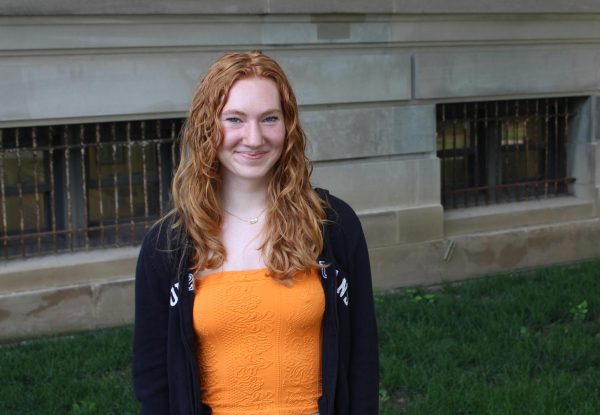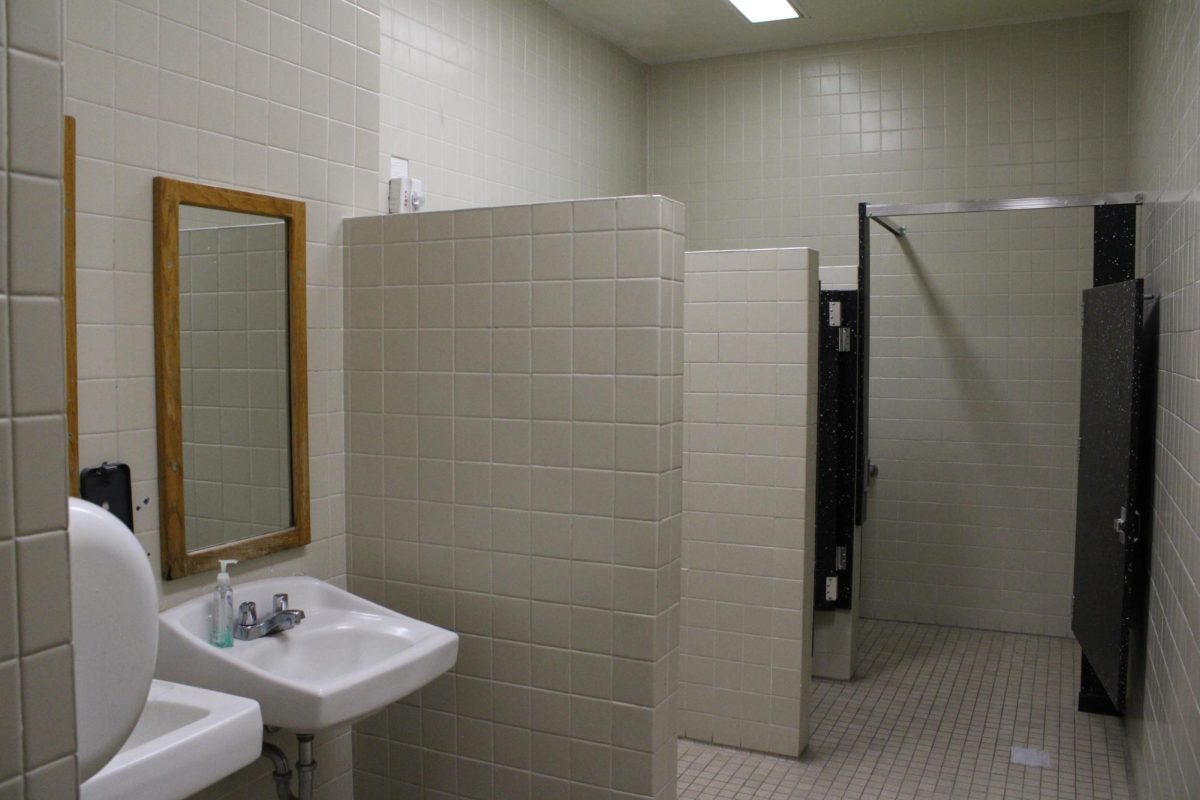Air quality worsens in winter: what can be done?
Air pollution is the contamination of air caused by substances in the atmosphere affecting the health of humans and the environment. Vehicle emissions, fuel oils and natural gas to heat homes are just a few examples.
Why does air pollution worsen in winter?
Central alum, Chrissy Stewart, works as a lab scientist, monitoring air quality for the Douglas County Health Department.
She uses instruments to monitor for “criteria pollutants” such as carbon monoxide and nitric oxide.
Stewart blames “temperature inversions” for the worsening air quality. Hot air rises and cold air sinks, so in the summer the hot air is closest to the Earth’s surface with the cold air on top and it is able to rise away from the surface. In winter, the air temperatures are flipped and the cold air now sinks to the surface, pushing down pollutants.
She uses the analogy of a lid on a jar to describe the air pollutants being stuck near the Earth.
“In winter our primary concern is particulate matter,” Stewart said. Particulate matter are particles kicked up into the air; for example, dust, pollen and mold.
Humidity is also a factor. Cold air molecules hold less moisture than warm air molecules, leading to less rainfall. This is not ideal, because rain washes away pollutants and can prevent temperature inversions. Stewart’s monitoring agency has their concern with droughts because more droughts equals more particulate matter.
People are also to blame simply by trying to stay warm. Fireplaces and wood burners can triple the amount of particle matter in our homes, according to Air Things. People also tend to keep windows closed, causing a lack of ventilation and making pollution levels more concentrated.
Stewart said, “One of our biggest causes of air pollution are cars and vehicles.” Car heaters blasting on high cause an increase in fossil fuel combustion, emitting more pollutants into the atmosphere.
Why care?
Omaha’s topography is consistently flat, meaning no region of the metro is better off and everyone needs to do their part to help.
Stewart’s department recognizes difficulty breathing and coughing as effects of poor air quality. But they also have a big concern with climate change.
The greenhouse gases that cars release after burning fossil fuels trap heat, so while your butt is warm, so is the Earth. The Energy Information Administration explains natural gas used to heat homes releases fewer air pollutants than fossil fuels but fails to help global warming.
“Scientists have high confidence that global temperatures will continue to rise for many decades, mainly due to greenhouse gases produced by human activities,” according to NASA.
The effects of climate change caused by air pollution include more frequent wildfires, longer drought periods and an increase in intensity of tropical storms.
Sea ice loss, accelerated sea level rise and longer heat waves are all consequences of the way humans live.
What can you do?
There are many simple ways to reduce air pollution. Stewart recommends walking and biking in the summer and taking the bus or carpooling in the winter.
Conserve energy when possible and avoid burning wood as a heat source. Instead, use a sustainable alternative such as wood bricks.
Open the window when possible to increase ventilation.
Informing others of the impacts of climate change and how to help is also an easy way to take part in the fight global warming.
Your donation will support the student journalists of Omaha Central High School. Your contribution will allow us to purchase equipment and cover our annual website hosting costs.

My name is Ella Levy (she/her). I am a senior and this is my fourth year on the Register. I am the co-editor-in-chief. I won most likely to join a sorority...

















